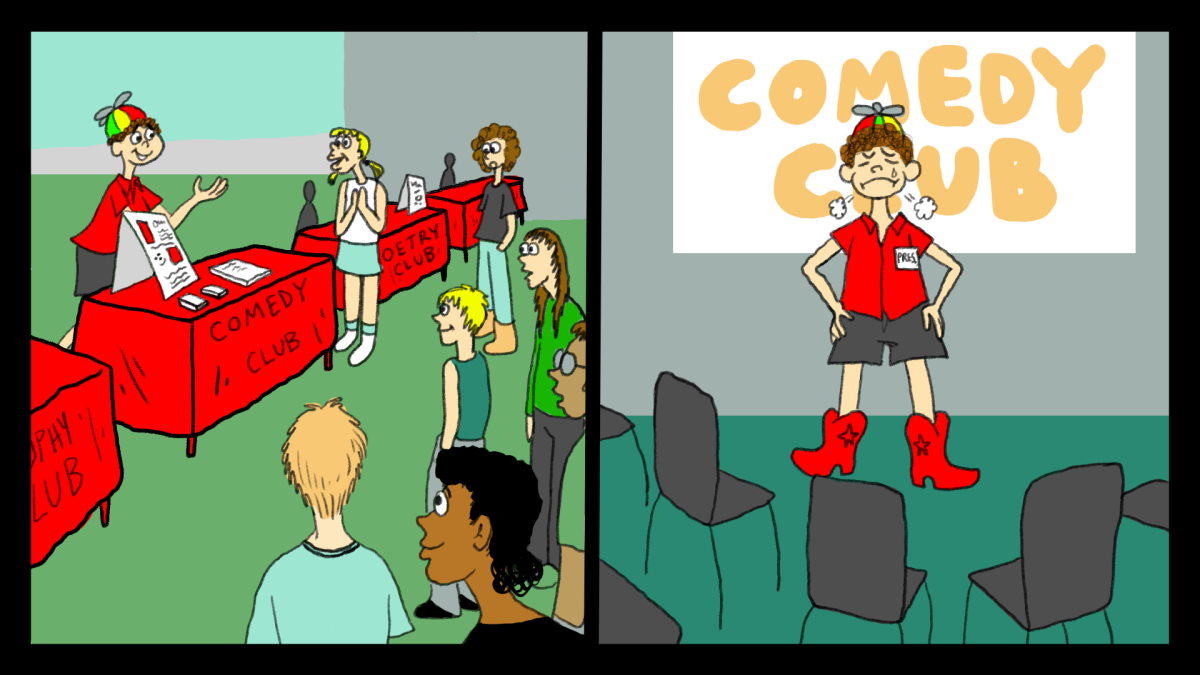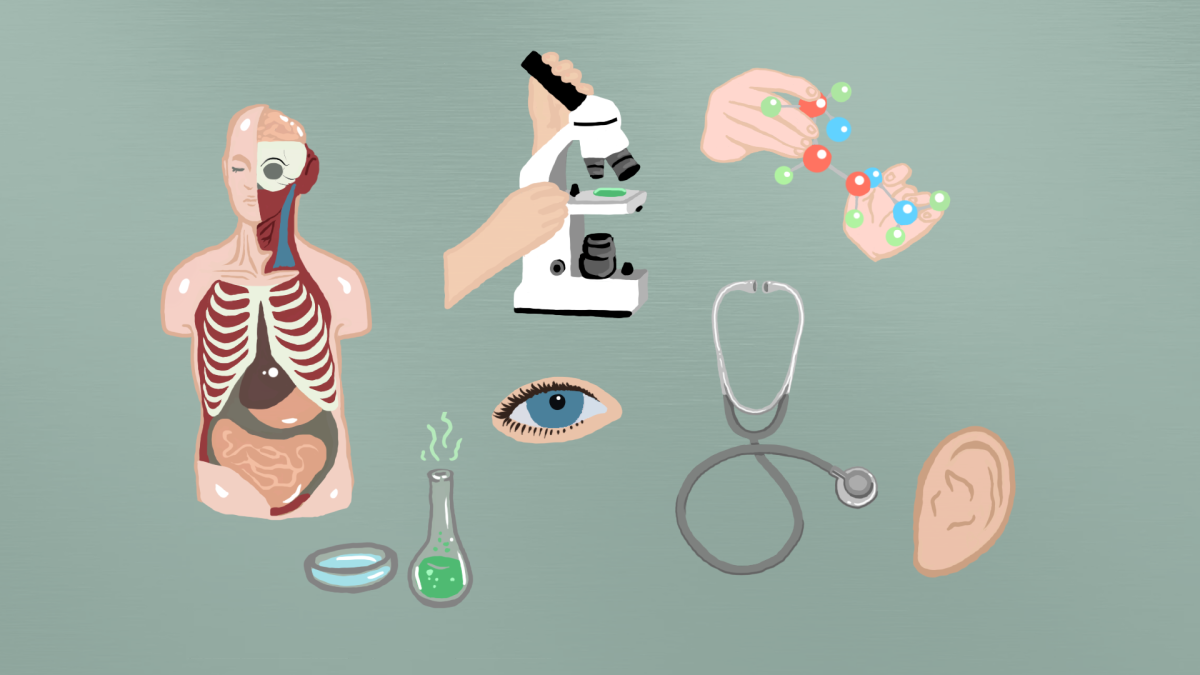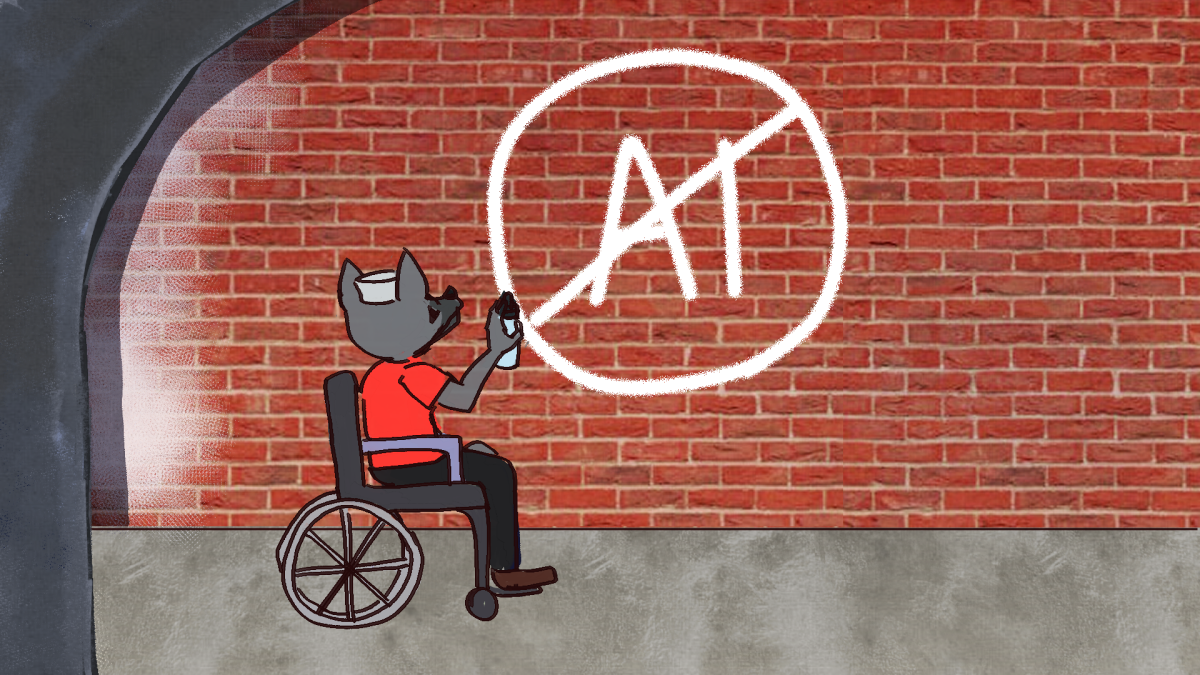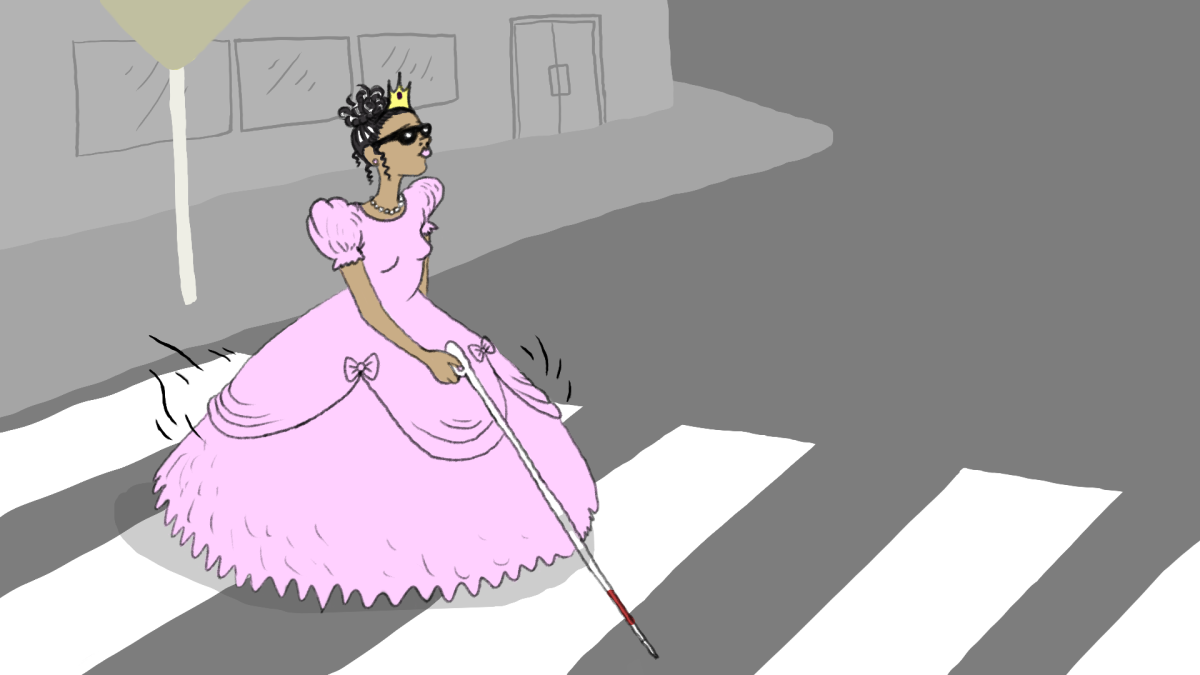We’re all familiar with the stereotype of college students’ fetishism with low quality food: greasy pizza, barbecue chips, sub-par chow mein, etc. We simply need to look around campus to discover this phenomenon. At every dining site, you can get a hamburger. C-Stores are stocked with loads of sodas, chips and frozen meals. And if you ever get bored of the Chick-Fil-A in the Atrium, you can always stop by the two-storied one in Cameron Village. It’s simple economics — various institutions are creating this supply to satisfy a demand.
Often, we find ourselves too busy with homework, vocational development and volunteering to have a decent meal. We tell ourselves that we need to visit the library more than the farmer’s market. So out of ease and convenience, we visit the dining hall, grab some takeout or visit a fast food/fast casual restaurant. The food is cheap, generally tasty and easily available; we see no immediately apparent moral dilemma.
Let’s dig deeper. Look at the old cliché, “You are what you eat.” Food is our most intimate connection with the natural world. We consume thousands of calories of it daily, often without thinking of its origin. Those cooked onions on top of your burger are the results of harvesting a plant’s food storage organs, carefully slicing them with a razor-sharp knife, and heating them to get rid of the excess water and caramelize the sugars.
Furthermore, culinary traditions define cultural identities and ultimately who we are. What would France be without its food and wine? Coming from an Italian-American family, I fondly recall my mother stirring the pot of tomato sauce, adding in fresh herbs to taste while periodically batting away my father’s hand to stop him from dipping his pinky in for a premature taste.
The story of food is long and beautiful. The exposition details tales of growing plants and raising animals. The rising action is full of detailed and varied preparation techniques: cutting, dicing, slicing, mixing and marinating. Near the heated climax of the book, the ingredients hit the frying pan, stew pot or wok and undergo chemical reactions that turn notes of flavor into a harmonious symphony. The conclusion comes when the meal is served with friends and family and you eat spoonfuls of your labor.
Convenience eating is inauthentic. For the sake of ease, we jump to the end of the story, missing out on the joy of reading the nuanced book. We miss out on the wholesomeness of the total experience of our food. In other words, we alienate ourselves with our laziness.
Enough is enough. I say we seize the means of production of our own food. Instead of picking up a fish, pick up a fishing pole. I have heard scores of people express their desire to learn how to cook and liberate themselves from food alienation. Buy a cookbook, look up recipes online and, most of all, experiment.
Go to the farmer’s market and listen (or at least go to a grocery store). Grab a couple friends and get them to chop onions with you or shell some shrimp. Then take a deep breath, close your textbook and take the much needed time to enjoy a meal.
Don’t just eat, mangia.








